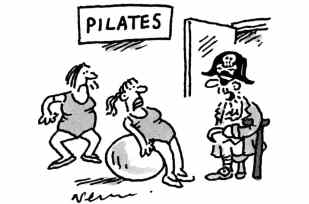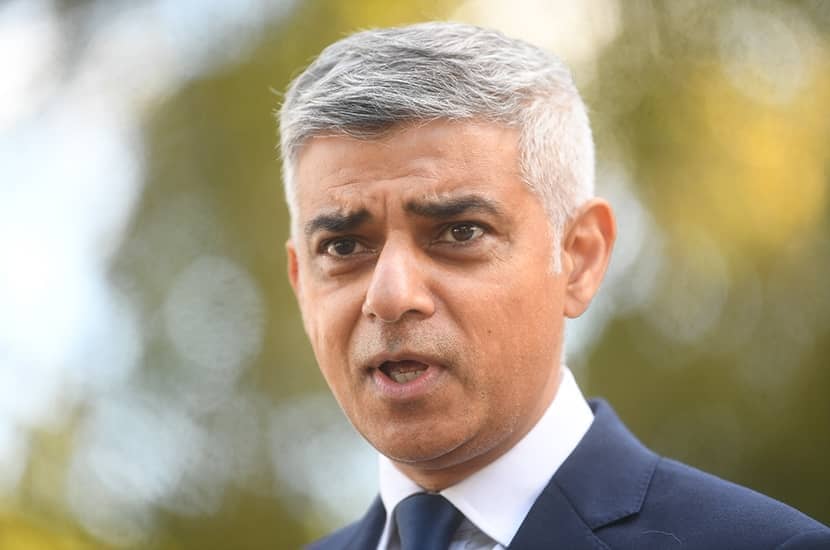I hate weed. Week after week, I see the tragic effects of this substance and how it destroys the minds of the young. I work on a mental health ward which, like many around the country, is home to some of the victims of our current lackadaisical attitude towards cannabis. This drug is particularly dangerous to the developing brains of young people and yet we know that this age group are the most likely to be experimenting with it. Despite protestations from the powerful pro–cannabis lobby, it has been proved beyond doubt that cannabis use is associated with depression, anxiety, psychosis and avolition (poor motivation).
A third of psychosis cases in London are the result of smoking skunk, according to extensive research conducted by Sir Robin Murray, a professor of Psychiatric Research at the Institute of Psychiatry, King’s College London, and an expert in drug-induced psychosis. Another study by Oxford University has shown that weed increases the risk of depression in teenagers by 40 per cent. These studies join hundreds of others which show that, far from being the harmless, benign substance campaigners would have us believe, cannabis is a dangerous, damaging intoxicant that has a profound effect on the structure and function of the brain.
Despite all this evidence, Sadiq Khan, the mayor of London, is planning a radical new approach to drugs in the coming months. Instead of prosecution, under-25s in certain boroughs will be offered courses on drug use. He is, in effect, decriminalising cannabis in the capital. In many ways, weed already is decriminalised: London’s streets are filled with its pungent stench. But Khan’s approach is an enormous gamble with the mental health of the capital.

Data from our European neighbours offers more insight into the potential pitfalls of this type of policy. Portugal has seen a huge surge in cannabis–induced psychosis since it decriminalised the drug in 2001. The more people who use the drug, the more lives will be ruined by it. But there are other harmful substances — tobacco and alcohol, for example — that are legal and readily available, so is that enough of an argument to ban people from using it?
It is a bitter irony that just as society becomes more understanding about mental illness, a drug which is directly responsible for destroying people’s minds is being allowed to become so widespread. Particularly frustrating are the smug, ageing, liberal hippies who claim that, because they’re still here, it must be fine. They look back on their youth spent smoking spliffs with a misplaced nostalgia, entirely failing to realise that not only did plenty of people not make it through unscathed, but also that the cannabis available on the streets today is an entirely different product to what it once was. Super-strong skunk now dominates the market.
Sadiq Khan’s approach is the worst possible way of dealing with this situation
Khan’s policy is the worst possible way of dealing with this situation. The issue isn’t really the drug itself, but there should only be two options for dealing with it: enforce the law or make the drug legal. Sitting on the fence, as Khan’s policy does, should never be countenanced. If we have lost the war on cannabis, rather than turning a blind eye to its use, we must make it legal, regulate and control it. If Khan is so pro-cannabis, he should lobby the government to legalise it, rather than usher in decriminalisation by the backdoor.
By not enforcing the law properly, Khan risks sending a dangerous signal to criminals that the law doesn’t matter and is there to be broken. Youngsters will assume that the lax attitude means that weed is relatively safe. If cannabis is decriminalised, there will be no age restrictions on who can use it. Dealerswill proliferate, the drug will become even more popular, and there will be little any of us can do about it. Compare this with our approach to alcohol or tobacco, which is legalised and therefore has an age limit. If Khan’s policy is brought in, there would be more control on who can buy cigarette papers than cannabis. It is a mad approach.
What’s more, his policy would mean endorsing an economy that wreaks utter misery on the poorest, most disenfranchised communities. Criminal gangs will see revenues soar, and other activities related to the cannabis trade will proliferate: gun and knife crime, prostitution, gang violence and people smuggling. Sadiq Khan stands up and announces that black lives matter, yet without any hint of irony pushes through a policy that will encourage a market directly responsible for a disproportionate number of deaths of young black men. Parents gallantly trying to steer their children away from cannabis will be entirely unsupported by the criminal justice system.
At least if Khan was calling for legalisation, the type of cannabis being sold could be monitored. The level of potency would be kept in check better, regulations could be placed on its sale and controls enforced around who sells it. I have spent years working in drug services and have always felt that these substances were dangerous and should be illegal. But in recent years, my view has changed slightly. Decriminalisation only makes matters worse. We haven’t lost the war on drugs, because we never really fought it. We have criminalised the addicts, failing to see that their problems are often a response to trauma, dispossession or mental illness. At the same time, we have failed to crack down on the criminals who ensure a ready supply of drugs.
Britain has always had a rather mimsy approach to drug use compared with countries such as Singapore. But I don’t want to live in a country like Singapore. I have come to accept that there’s something about human beings that means we seek out intoxicants. We also create markets to meet our urges. When alcohol was illegal, it didn’t stop its use; instead, liquor became increasingly strong and criminal networks flourished. When it was legalised, limits could be put in place, and the criminal networks vanished.
Drug use, much like drinking, is here to stay. It would make much more sense to allow certain drugs to be legalised properly. Let’s legalise cannabis, tax it, place restrictions around its sale and add a mental health levy to directly fund treatment for drug-induced psychosis. It pains me to suggest such an idea, but I can’t see another way.






Comments